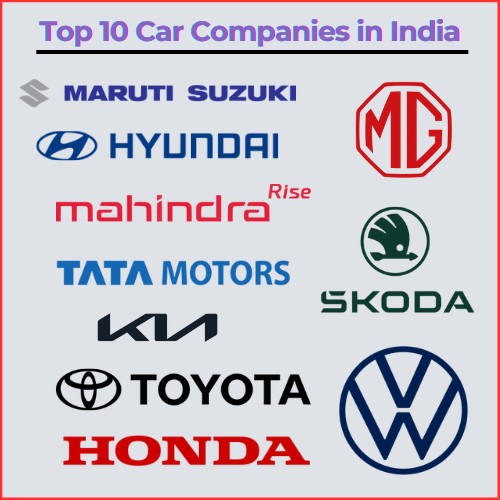Nissan Motor Co. is creating brand-new modular powertrains that will streamline production and reduce hybrid car manufacturing costs by as much as 30%.
Toshihiro Hirai, senior vice president of the Yokohama-based manufacturer, stated at a conference Tuesday that by improving the basic components that support a car, the company hopes to bring the price of its hybrid vehicles down to the same level as gasoline-powered vehicles by 2026.
Nissan showed designs for two new engines: one for its ‘E-Power” hybrid vehicles and the other for its zero-emission cars. Both employ comparable technology, which will aid in manufacturing consolidation and localization. Nissan touched on this topic late last month while outlining its expedited electrification goal.
Japanese manufacturers, especially Toyota Motor Corp., claim they’re taking a more nuanced approach and continuing to invest extensively in hybrids as the automotive industry as a whole rushes headlong into electric vehicles.
They think that customers will want to wait until EV technology advances and EV prices decline before making the conversion to electric vehicles. Concerns exist over whether there will be adequate EV charging infrastructure in place.
In the second quarter of fiscal 2022, Nissan’s total sales in Japan were composed mostly of pure electric and hybrid vehicles, at roughly 52% of total sales. Despite the fact that hybrids accounted for the majority of it, it’s an improvement from the 12% in 2016.
Nissan’s new engines will start to be produced as early as 2024, according to Hirai on Tuesday.
Hirai said that the missing component for EVs is still the development of trustworthy, functional batteries that are neither prohibitively expensive to manufacture nor dependent on depleting supplies of rare earth metals. Nissan is devoted to creating the most recent solid-state batteries, he noted.
Solid-state batteries need to be used more, he added. On Thursday, Nissan’s stock increased 1%, increasing this year’s gains to roughly 32%.














